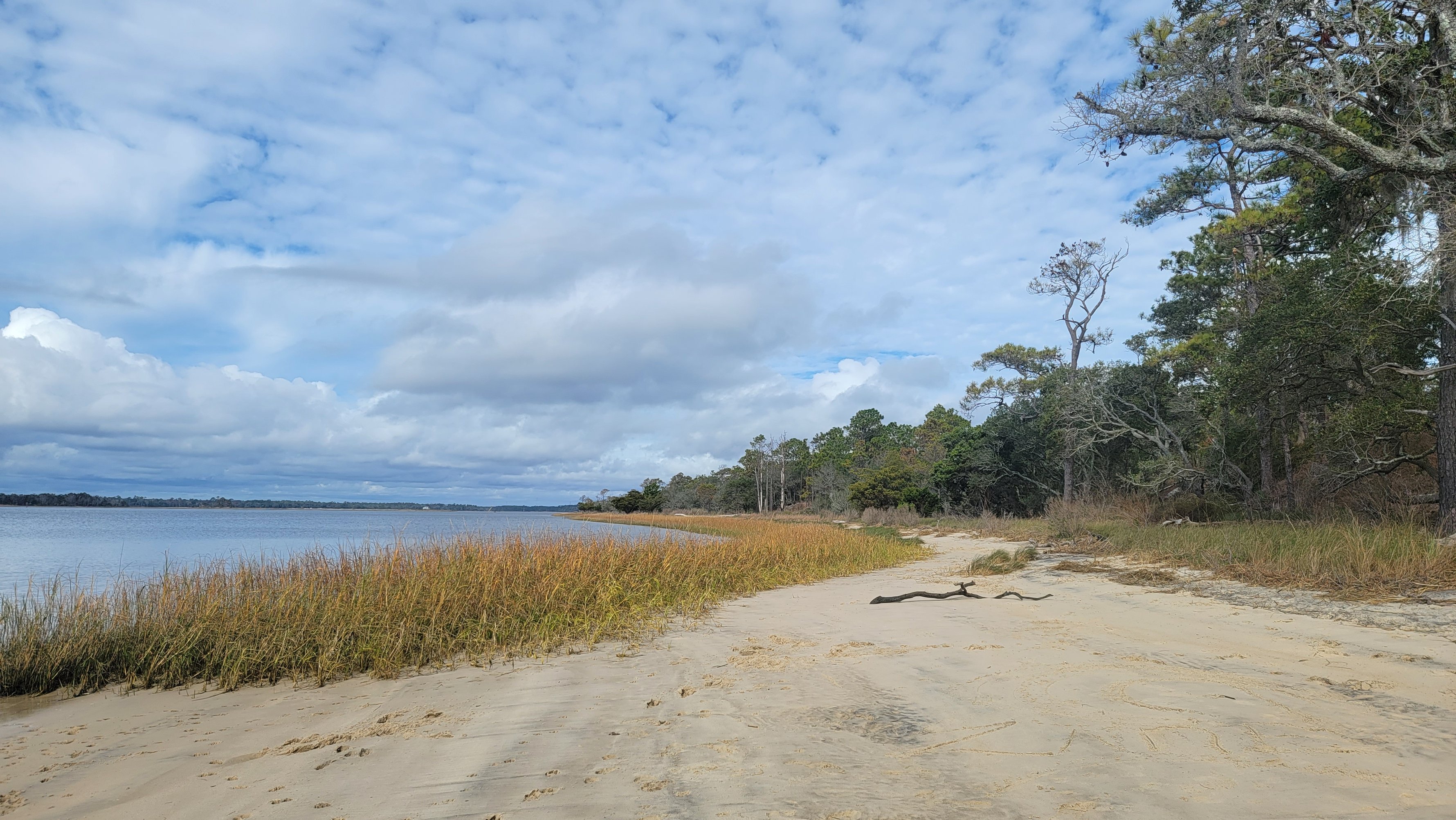
A few years ago I was diagnosed with a variety of conditions that came with the term “chronic.” Throughout the grief process, my partner encouraged me to write about it. It was uncomfortable to be publicly vulnerable in a professional world where “weakness = bad.” I sat there knowing logically that vulnerability was a sign of strength, but the risk adverse [read: scared] side of me still wasn’t convinced. How could a young professional, a woman in tech more specifically, be seen as strong and reliable when openly talking about her “limitations?” What future opportunities was I cutting myself out of before even having a chance to see them?
In spite of the doubt and fear, there was a deep sense of obligation. Millions of people have rare diseases, invisible diseases, are neurodivergent, or have disabilities and are discriminated against for being different. So I put together content, I talked to my team openly, and I became fond of wearing a zebra onesie (despite never being a onesie-wearing person). I started down the advocate path.
And then I received an email from a coworker that attributed the lack of clients or new job applicants to the fact that we were putting out content about wearing aforementioned onesies as a professional company. After all, what in the world does rare disease awareness have to do with building a Postgres and Open Source services firm? Was I reducing the perceived value of the company?
The support I received in response from my partner and other team members was significant. We have always been a people first organization. They said that what I was doing was being brave and demonstrating a need for meeting people where they are instead of treating everyone like robots. I bought into this on the surface level. Then I stopped publishing.
I continued to write, but the passion was gone. The obligation was replaced by the strong belief that no one would get anything out of what I wrote, that I was doing the company a disservice, and I should instead rededicate myself to being a workaholic. Drafts were left in my review pile; lists of article topics to research and work on were ignored.
Two years have gone by since I last published an article. Laughably, it was titled, “We’re All in This Together.” Within that article, I opened up in a way that makes the risk-adverse side of me cringe. On the flip side, I am encouraged by my past self. She faced her fear, gave it the finger, and hit publish.
Fast forward to today.
I am a Duke Medical School trained Health & Wellbeing Coach, and the most fulfilling moments of my days are when my clients face what they thought was impossible and see that they have strengths they have never acknowledged. The deep mental transformation that happens when you go from fearing something to accepting it as it is and working with it instead of against it is profound. When we tiptoe around our limitations, that in itself becomes a chronic debilitation.
I’m realizing that avoiding being vulnerable in a professional setting is right up there too. The last line of “We’re All in This Together,” is Don’t forget that we’re all going through something - some are just more visible than others. I am proud to be the CEO of a company that encourages individuals to be themselves and share their vulnerabilities. I am disappointed that I let fear discourage my willingness to open up further. I find myself spending more time bringing my coaching skills into my CEO role, and with it comes great discomfort. The discomfort is due to uncomfortable conversations, hard decisions, and great responsibilities. The beauty in all of those things is that growth and healing is found within the discomfort. We are most effective as a team and as a people when we are open, transparent, and work together toward the same goal of providing a good living for everyone involved. That comes with understanding people’s unique circumstances. Brene Brown writes:
“We desperately need more leaders who are committed to courageous, wholehearted leadership and who are self-aware enough to lead from their hearts, rather than unevolved leaders who lead from hurt and fear.”
And because there’s no way I can leave this one out:
“Write a new ending for yourself, for the people you’re meant to serve and support, and for your culture.”
Guess I need to get back on that horse.
Thanks for reading my rambles.
Sincerely,
Amanda
CEO, Coach, and Spoonie
